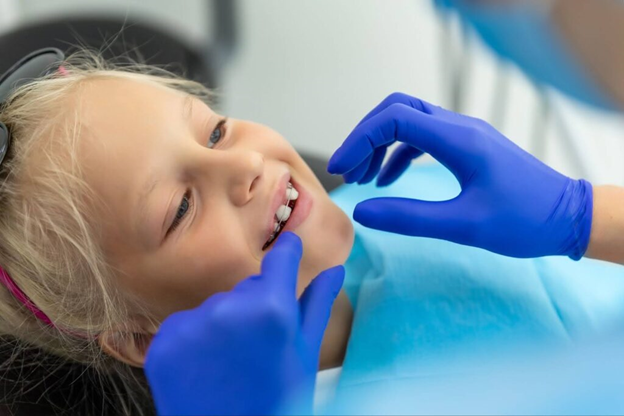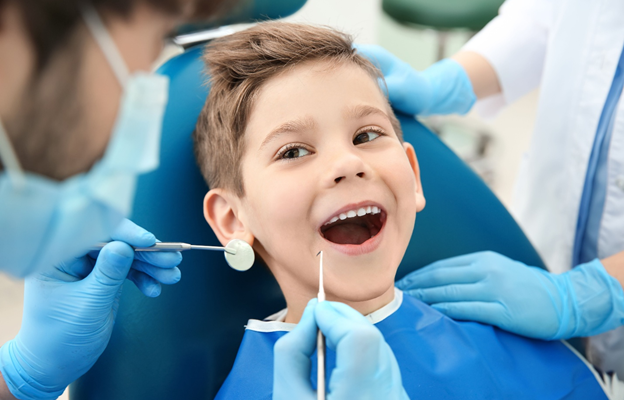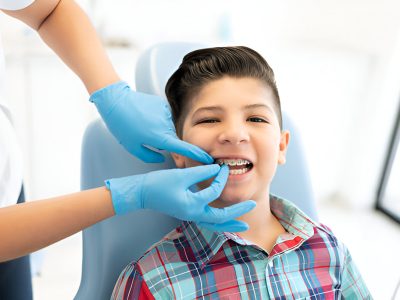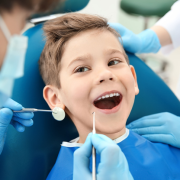Every parent wants their child to have a healthy smile. While braces are often seen as a teen thing, spotting problems early can really help. Starting early makes things easier later, guiding jaw growth and stopping bigger issues. The American Association of Orthodontists (AAO) says kids should see an orthodontist by age seven, but there are signs to look for before that.
The AAO suggests a check-up by age seven, but if you are worried, see a specialist sooner. Elassal Orthodontics stands out as a leading orthodontist in Oklahoma City. Dr. Elassal and team use the newest tech and give caring, personalized service in a welcoming environment where families feel good. Their aim is to make great smiles that last.
Early Warning Signs to Keep an Eye On
The following are some of the essential clues that would confirm that your child needs to undergo orthodontic assessment:
1. Lost Baby Teeth Too Soon or Too Late: Losing baby teeth at a young age than the normal number of years or not losing them at all at an older age may be an indication of a developmental problem that interferes with the manner in which used teeth develop.
2. Problems Chewing or Biting: Does your child have problems chewing on food well, or avoid some foods, or does it appear to be painful when they bite down? This might mean that something is out of place in his/her teeth or jaws.
3. Mouth Breathing: Persistent mouth breathing, particularly during sleep, may have adverse influences on facial growth, resulting in long, thin faces and jaw alignment and dental crowd problems.

4. Thumb Sucking or Pacifier Past Age Of 3-4: This long-term behavior such as thumb sucking or pacifier sucking will apply force to teeth and jaws, causing open bites, flared front teeth, or other bite problems.
5. Crowded, Misplaced, or Blocked-Out Teeth: Crooked teeth, teeth that are coming in at seemingly odd angles or those that simply do not seem to be spaced properly are obvious signs of possible need of orthodontic work.
6. Clicking, Shifting, or Noisy Jaw: Any clicking, shifting, or noise in your children jaw when the child opens his or her mouth or closes their mouth may indicate a problem with the jaw joint (TMJ).
7. Speech Problems: Lisping and slurred speech, or some other impediment may also be associated with the relationship between teeth and jaws, they may affect the way the tongue separates the sounds.
8. Misaligned Jaw: A crooked jaw can be a cosmetic issue but a problem of protruding teeth is more susceptible to damaging events such as falls or hits.
Why Early Intervention Is Important?
Orthodontists make sure your kid’s permanent teeth have adequate room. If necessary, address poor oral behaviors, and stop serious issues from manifesting leading to less invasive treatment in future. Early care also increases a kid’s confidence by enhancing their facial attractiveness and smile.
If you detect any of the above warning signs in your kid, call the local orthodontist and schedule an appointment. A complete assessment will help you decide if therapy is required or not. If needed, you can choose the best action plan to ensure your kid grows with healthy and attractive smile that lasts for lifetime.












Comments